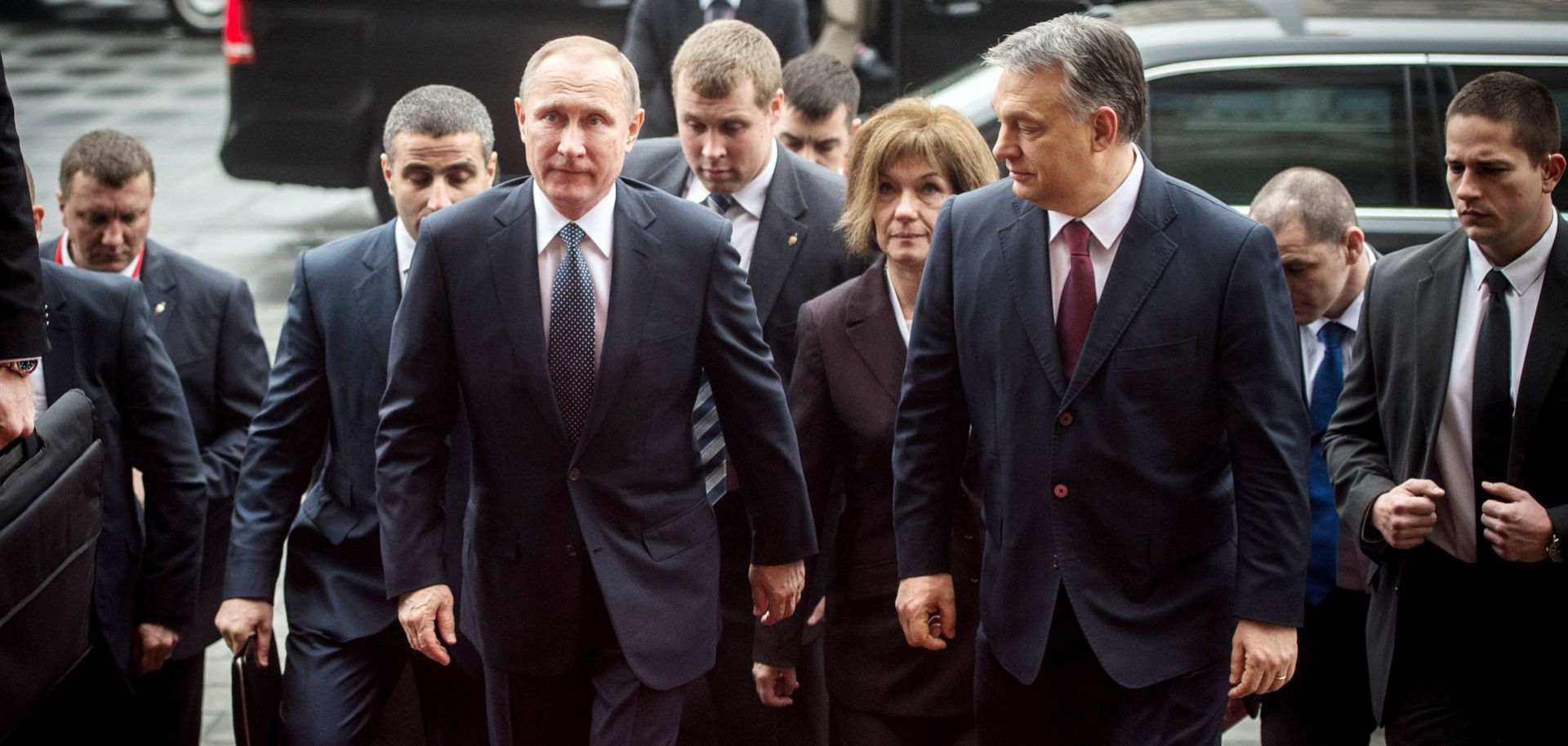Europe’s borderlands are in flux. From the shores of the Baltic to the Black seas, and from the peaks of the Carpathians to the Caucasus mountains, each country in the borderlands between Europe and Russia is re-evaluating its foreign policy position in response to major geopolitical changes.
On the west of this group, the European Union is roiled by divisions in the wake of the Brexit vote and intensifying nationalist sentiments, as crucial elections take shape this year in France, Germany and possibly Italy. On the east, Russia has the ear of the new U.S. administration, which is seeking to improve ties with Moscow as it focuses more on the homefront. Though a major reconciliation is a stretch, even the possibility of an understanding or realignment with the United States has enabled Russia to grow more assertive in its periphery. ...


